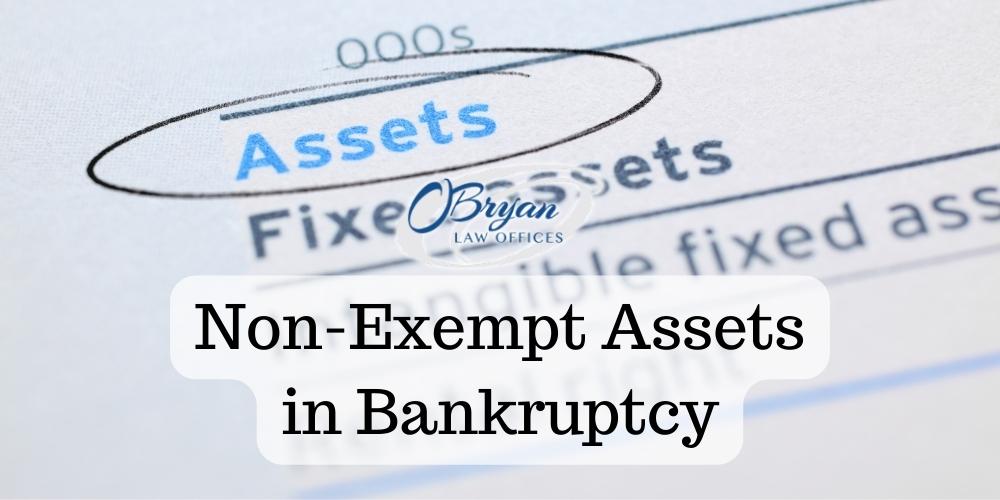Chapter 7 is the most common type of bankruptcy in Kentucky and throughout the country that involves liquidating assets to pay creditors. However, not all property or belongings can be included in the selling of assets. The court divides assets into non-exempt and exempt assets.
State and federal laws govern what assets are exempt. In some cases, they let the debtor decide whether to file under state or federal. Federal bankruptcy may allow them to exempt certain assets that state law would not.
What Qualifies as Non-Exempt Assets?
What qualifies as non-exempt and exempt varies by state, but some property generally falls under non-exempt. Some examples of non-exempt assets include a second home, a second newer vehicle with equity, valuable paintings, jewelry, investments, musical instruments used for a hobby and expensive clothing. Some non-exempt assets may get excluded if they have a low value.
In Chapter 13 bankruptcy, the court restructures the debt into a payment plan devised by the court. There is usually no liquidation involved. But even with the payment plan, the debtor may need to pay creditors the worth of some assets.
To get a portion of the proceeds from sales, the creditor must make a claim against the asset. Debtors should not hide assets. If a trustee has a suspicion of hidden assets, they could get a court order to search the home. Some bankruptcy cases may qualify as no asset, which means the debtor does not have any valuable assets.
To avoid losing assets to the court and getting a mark on their credit report, a debtor could try to sell the assets themselves and pay the creditor. However, legal issues may arise without knowledge of bankruptcy law because it is complex. A Chapter 7 bankruptcy attorney can analyze the case and advise the debtor on what course of action to take.







